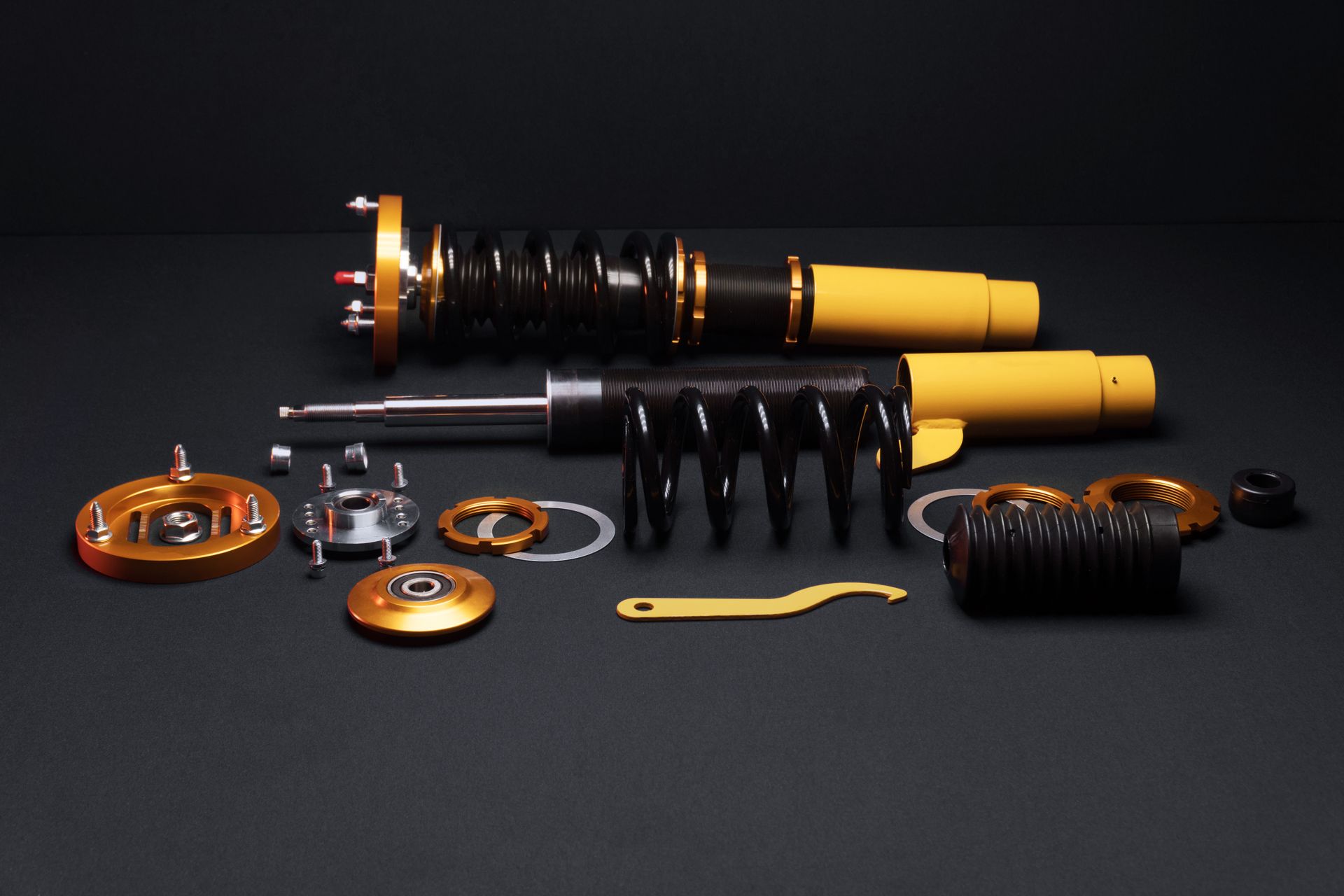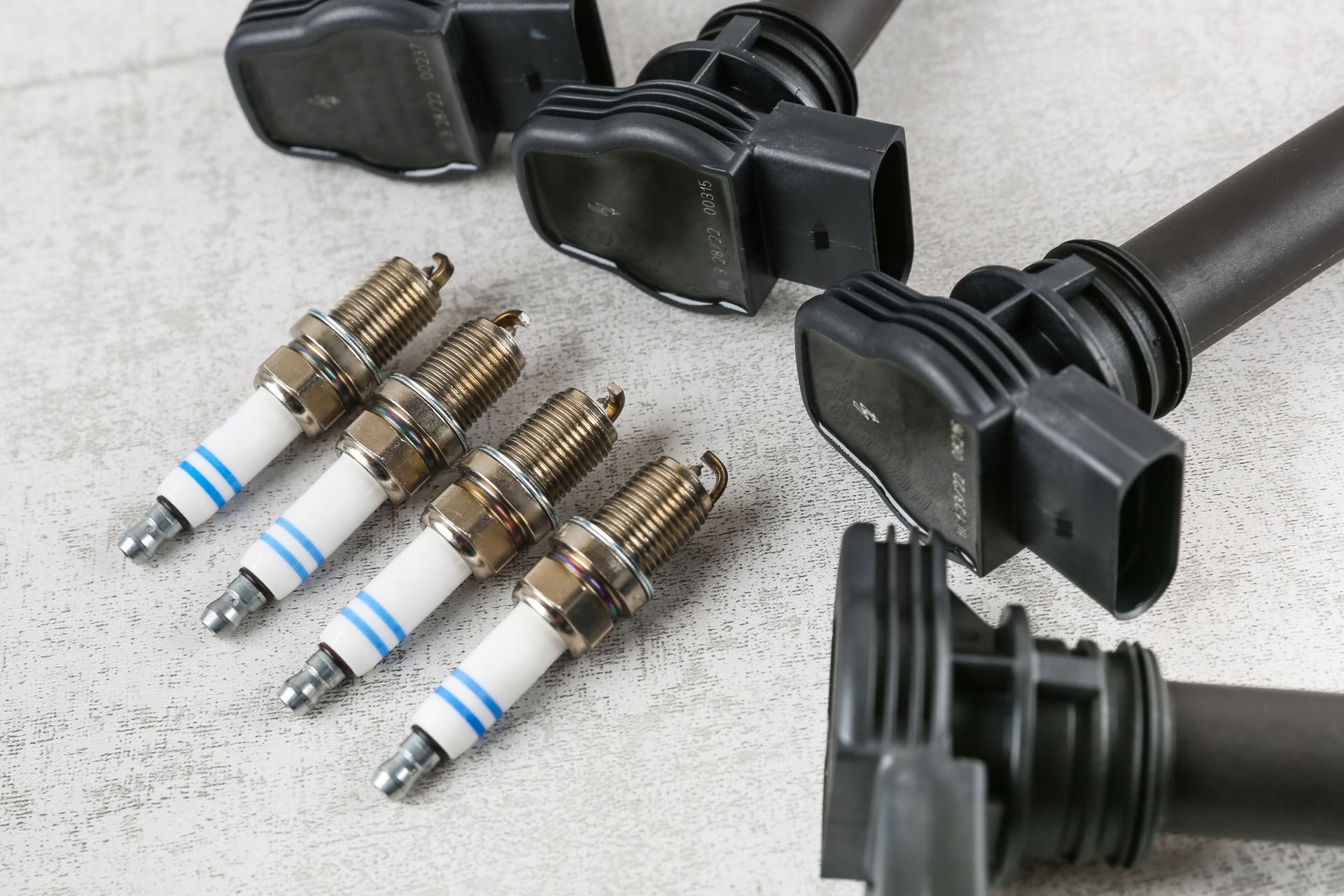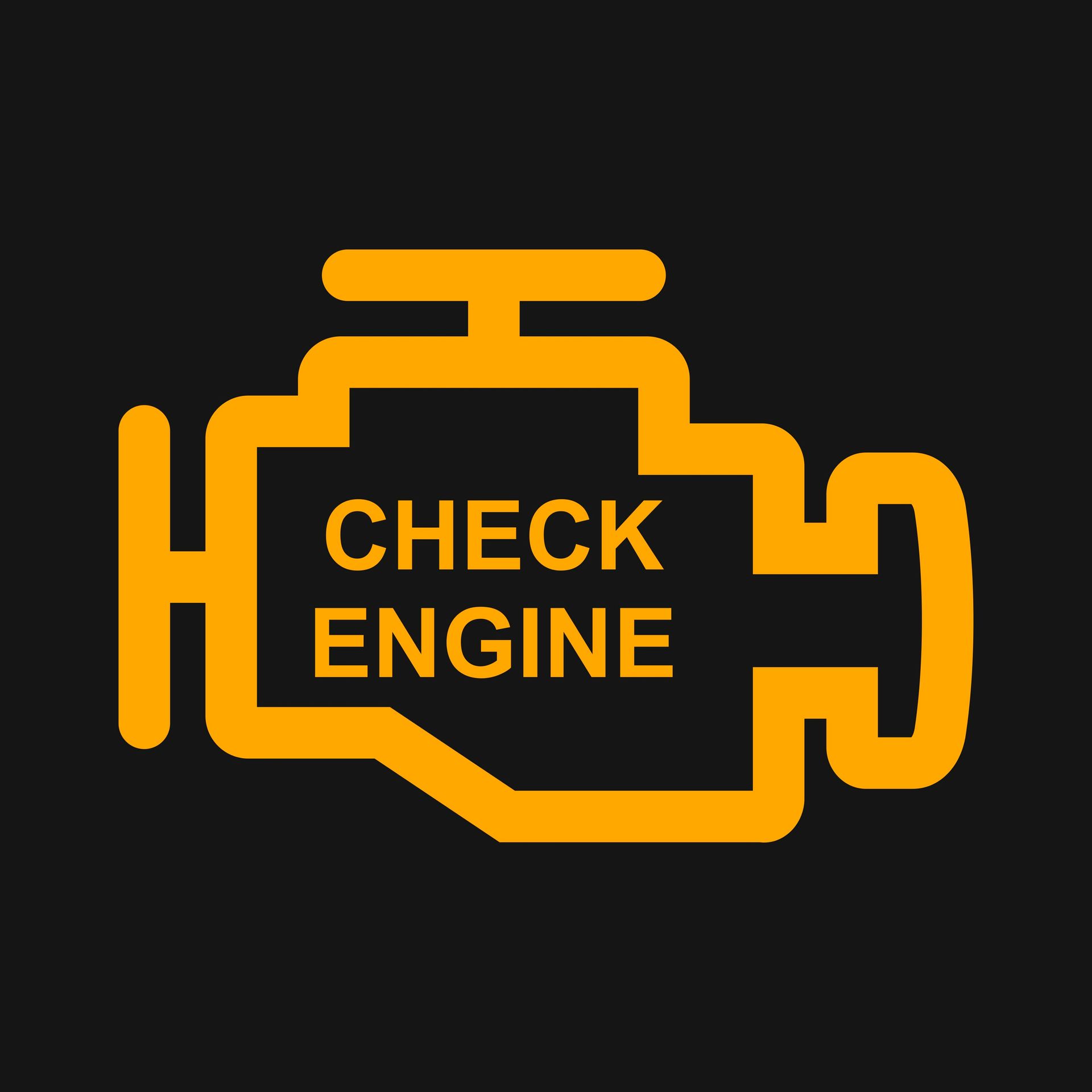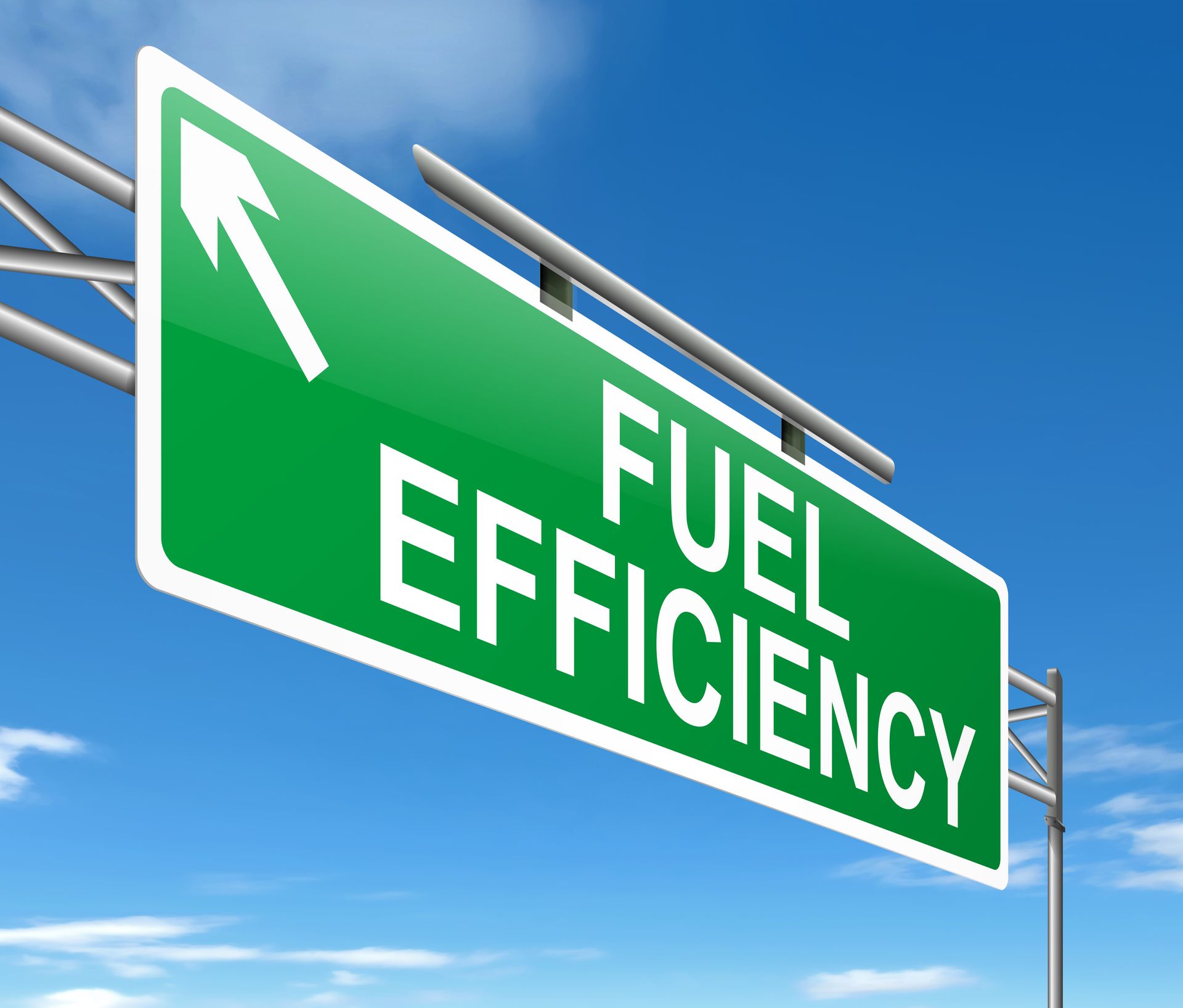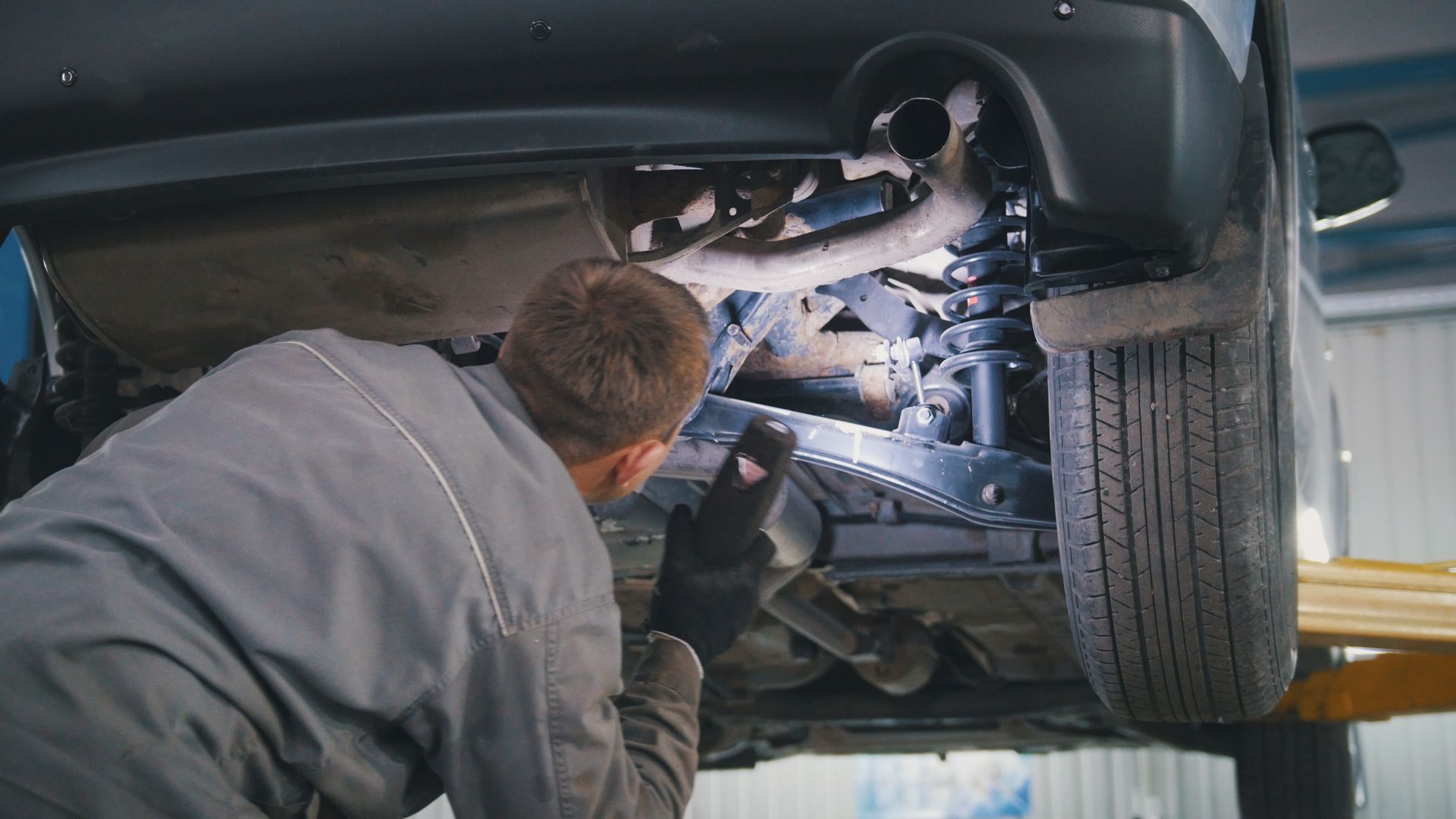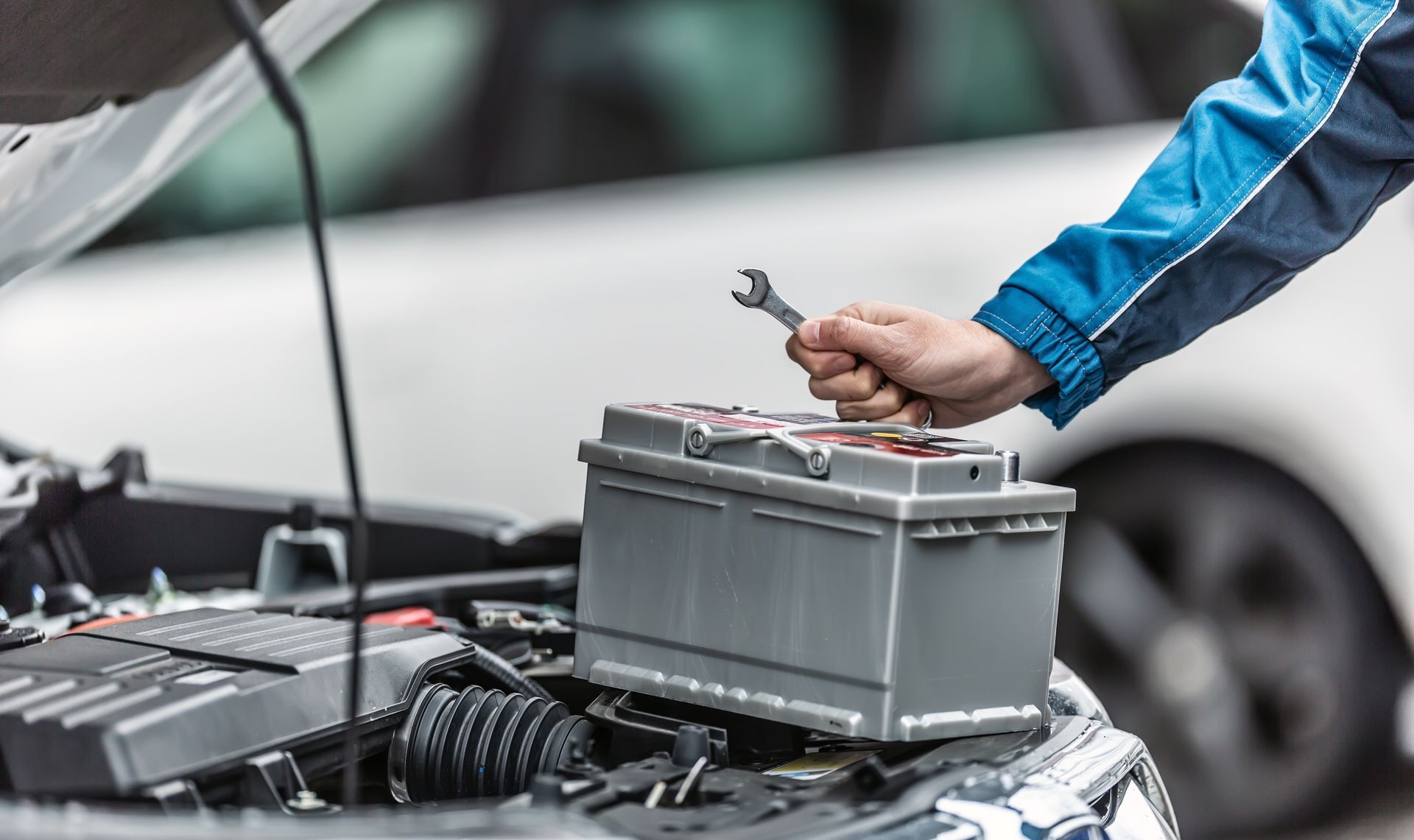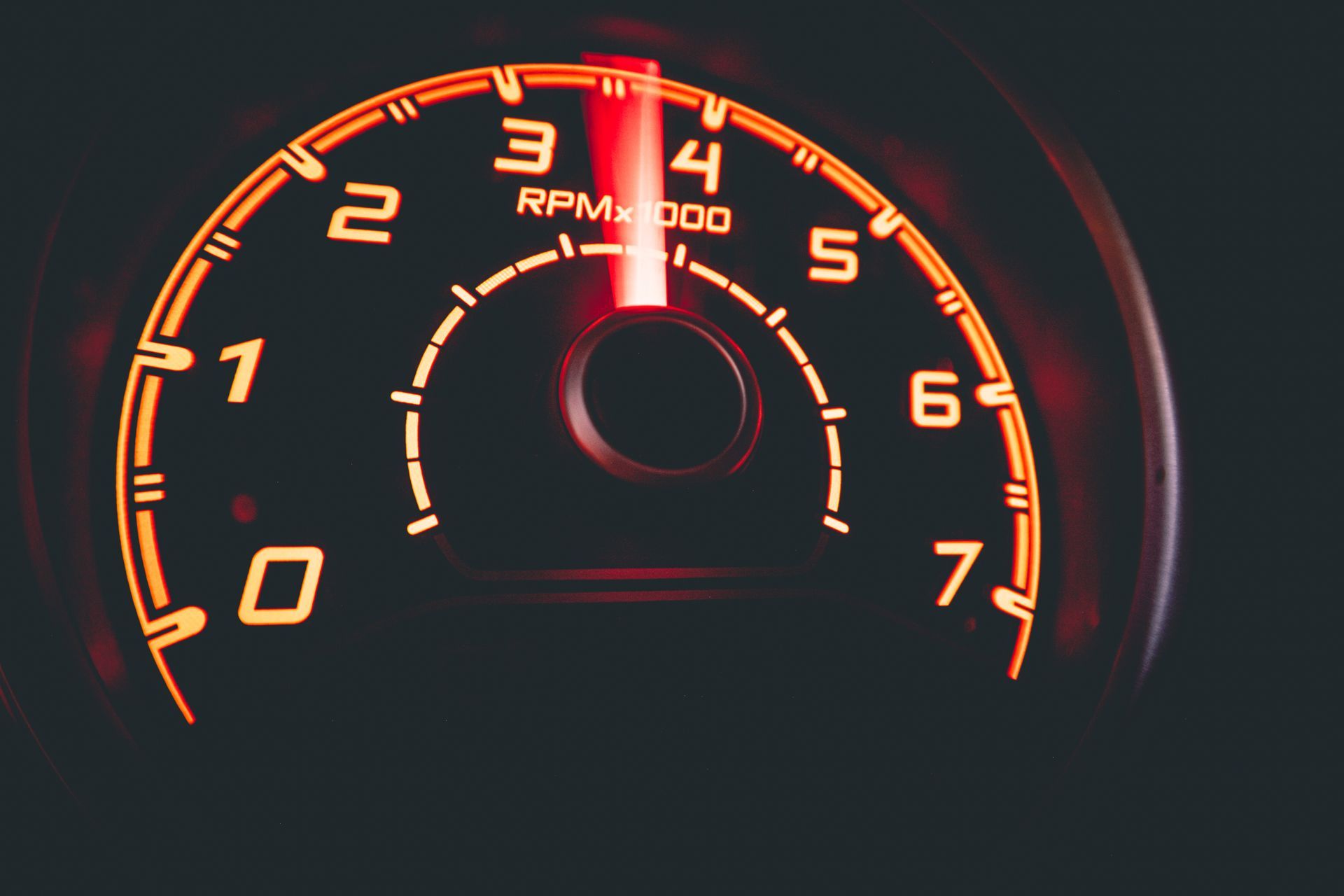If you find yourself frequently topping off your engine oil or notice that your oil light comes on sooner than expected, your car might be burning oil faster than it should. While some oil consumption is normal, excessive use can signal a more serious issue that requires attention. Ignoring it can lead to engine damage, poor performance, and costly repairs. Understanding why your car is burning through oil can help you address the issue early and keep your vehicle reliable.
Normal vs. Excessive Oil Consumption
Most modern engines consume a small amount of oil between oil changes, especially as they age. Manufacturers often consider up to one quart per 1,500–2,000 miles to be within normal limits.
However, if you're adding oil more frequently or notice a significant drop between changes, that's a sign that something isn’t right.
Worn Piston Rings
Piston rings seal the combustion chamber, helping to keep oil out while maintaining compression. Over time, these rings can wear out or become stuck, allowing oil to slip into the combustion chamber and burn along with fuel.
This leads to noticeable oil loss and often results in blue-tinted exhaust smoke.
Valve Seal Issues
Valve seals prevent oil from leaking into the engine’s cylinders through the valves. When these seals wear out or become brittle, oil can enter the combustion chamber, leading to increased oil consumption and smoke from the exhaust, especially when starting the car or during deceleration.
PCV System Problems
The Positive Crankcase Ventilation (PCV) system controls engine pressure and recycles gases back into the intake. A faulty PCV valve can allow excessive oil vapor to be drawn into the intake manifold and burned in the combustion process.
A clogged or malfunctioning PCV system is a relatively simple fix but can cause significant oil loss if ignored.
Oil Leaks
Not all oil loss happens internally. External oil leaks can occur from worn gaskets, seals, or oil pans. While these leaks may not cause burning oil smoke, they still reduce oil levels and can create a mess under your car, as well as potential fire hazards if oil comes into contact with hot surfaces.
Aggressive Driving Habits
Frequent high-speed driving, hard acceleration, and heavy loads can increase engine temperatures and pressures, leading to higher oil consumption.
While occasional spirited driving is fine, consistently aggressive habits can accelerate wear and increase oil usage.
Warning Signs Beyond Low Oil
In addition to noticing you're adding oil more often, you might see other symptoms:
- Blue smoke from the exhaust.
- Oil smell inside the cabin.
- Decreased engine performance or rough idling.
- Oil spots under your vehicle.
These signs indicate that it’s time to have your engine inspected before more serious problems develop.
Risks of Ignoring Excessive Oil Consumption
Failing to address rapid oil loss can have serious consequences. Low oil levels reduce lubrication, causing increased friction and heat, which can lead to internal engine damage like scored cylinders, worn bearings, or even total engine failure.
In severe cases, running out of oil entirely can destroy the engine, requiring an expensive rebuild or replacement.
Diagnosing the Problem
Pinpointing the exact cause of excessive oil consumption requires a thorough inspection. We will check for external leaks, inspect the PCV system, and may perform compression or leak-down tests to evaluate the condition of piston rings and valve seals.
Oil analysis can also reveal whether oil is being contaminated or degraded unusually quickly.
Preventing Oil-Related Engine Damage
Regular maintenance is crucial. Checking oil levels between changes, using high-quality oil recommended by your vehicle’s manufacturer, and addressing leaks or other minor issues promptly can help reduce oil consumption and prolong engine life.
Trust Evergreen Auto Repair in Everett, WA
At Evergreen Auto Repair in Everett, WA, our experienced technicians understand the importance of maintaining proper oil levels for your engine’s health. We specialize in diagnosing and repairing oil consumption problems, from minor leaks to internal engine issues.
If you find yourself adding oil more often or notice smoke, smells, or performance changes, don’t wait for major damage to occur. Schedule an inspection today and keep your engine running smoothly and efficiently for years to come.


